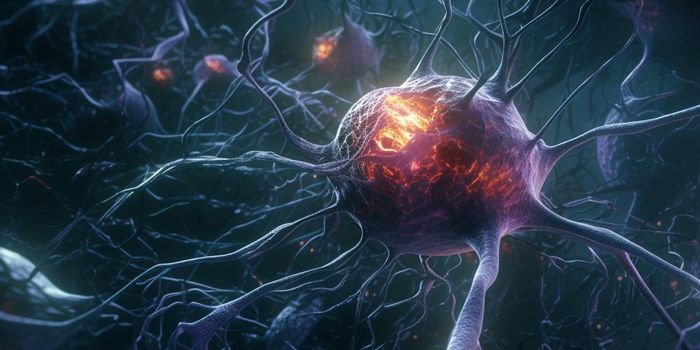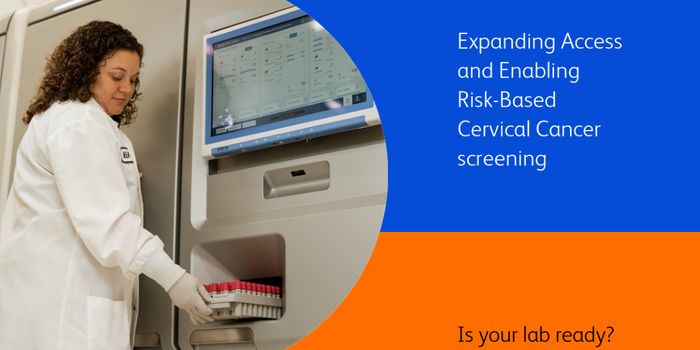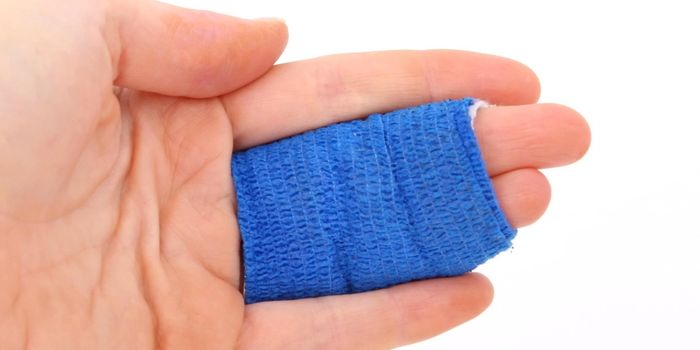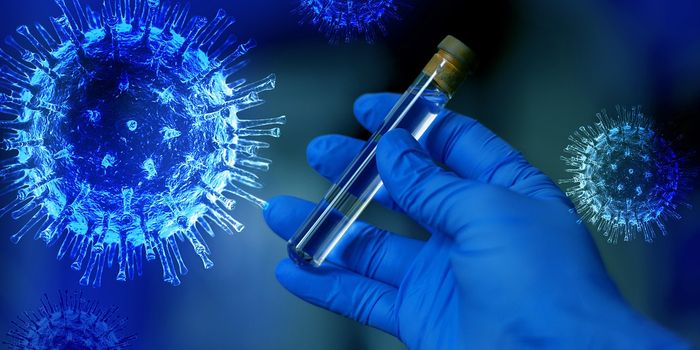Cancer treatments that harness the body's immune system to wipe out tumors have begun paying off for some patients for whom all other therapies have failed. Now, a small clinical study has found support for a newcomer on the cancer immunotherapy front. Injected with a vaccine designed to match specific mutations in their tumors, three patients with advanced melanoma had a strong immune response and in two their tumors shrunk or stabilized, at least temporarily. Although the study was mainly meant to test safety, the results suggest it holds promise for stopping tumors from growing.
"There's a lot of excitement about this approach," says oncologist and cancer immunologist Craig Slingluff of the University of Virginia in Charlottesville, who was not involved with the study.

Vaccines for infectious diseases typically deliver into the body bits of protein or other material from a virus or bacterium that trigger the immune system to defend against the invading pathogen. With cancer, the similar idea is to vaccinate a patient with immune-stimulating molecules, known as antigens, found only on tumor cells, so that the person's immune system ends up attacking the tumor. But cancer vaccines have a poor record of success. That's because most of the tumor antigens tested also appear in small amounts on healthy cells, and the immune system has mechanisms that make it tolerate, or ignore, these familiar antigens.
Scientists have their eye on a more promising kind of tumor antigen: those that result from the mutations that riddle a tumor's DNA, thanks to the chaos cancer causes to a genome. Some of these mutations do not appear in genes that drive cancer growth, but instead code for novel peptides-short proteins-that may act as antigens on the surface of tumor cells. Because these so-called neoantigens are completely foreign to the body, they could in theory make a cancer vaccine.
Devising a neoantigen cancer vaccine requires sequencing a lot of tumor DNA, which wasn't feasible or affordable until recently. But now that DNA sequencing costs have dropped and speeds increased, researchers at Washington University in St. Louis have begun exploring neoantigen cancer vaccines for melanoma, a tumor in which the sun's ultraviolet light that sparks cancer-causing mutations also creates hundreds of additional mutations that are likely to include many coding for neoantigens.
Human immunologist Beatriz Carreno, trial leader Gerald Linette, and collaborators recently studied three melanoma patients who had surgery to remove their tumors, but who had cancer cells that had spread to their lymph nodes, making tumors likely to recur. The researchers sequenced the exome, or protein-coding DNA, of each patient's original melanoma tumor and compared it with the exome of their other cells to identify dozens of mutations coding for newly created peptides that might act as neoantigens. (Not all peptides made by a cell get displayed on its surface.) They analyzed the possible neoantigens' structures and did lab tests to predict which are actually made by the cell and get displayed on its surface, then homed in on those most likely to trigger an immune response. For each melanoma patient they chose seven neoantigens unique to that person's tumor.
After taking blood from each patient and harvesting from it immune sentinels called dendritic cells, the researchers then mixed each patient's set of neoantigens with these white blood cells so that they would display the peptides to other immune cells. The team used the neoantigen-coated dendritic cells to make personalized neoantigen vaccines that were infused into the patients three times over about 4 months.
Carreno and collaborators found that a key measure of vaccine response, the number of immune system T cells specific to the neoantigens in each patient, rose in the patients' blood, along with an increase in the diversity of these T cells. These neoantigen-specific T cells could also kill cultured melanoma cells expressing the same neoantigens, the team reports online today in Science.
In one patient, metastatic tumors in the woman's lungs shrank, then regrew, but are now stable after 8 months; the second person's tumor remnants have also been stable for 9 months. A third patient who had received an immunotherapy drug after surgery that put his cancer in remission remains cancer-free. However, the trial was designed primarily to confirm the safety of the vaccine and immune response, not to test its effectiveness, and because the patients received other treatments, it is not possible to say whether the vaccine helped: "I would be speculating if I said that the vaccine had any benefit to the patients," Linette says.
But the fact that the study found "a pretty high magnitude of immune response," combined with recent reports that a different neoantigen vaccine can fight cancer in mice, suggests the idea is "promising," Slingluff says.
Such a vaccine, which should be less toxic than chemotherapy, might be used to prevent cancer from recurring after surgery. It might also be combined with other immunotherapy drugs known as checkpoint inhibitors that seem to work best for cancers such as lung and melanoma in which tumors have many mutations. "The high anticipation is whether the one-two punch with checkpoint inhibition would work," says Roger Lo, a melanoma researcher at the University of California, Los Angeles.
(Source: Science magazine)









